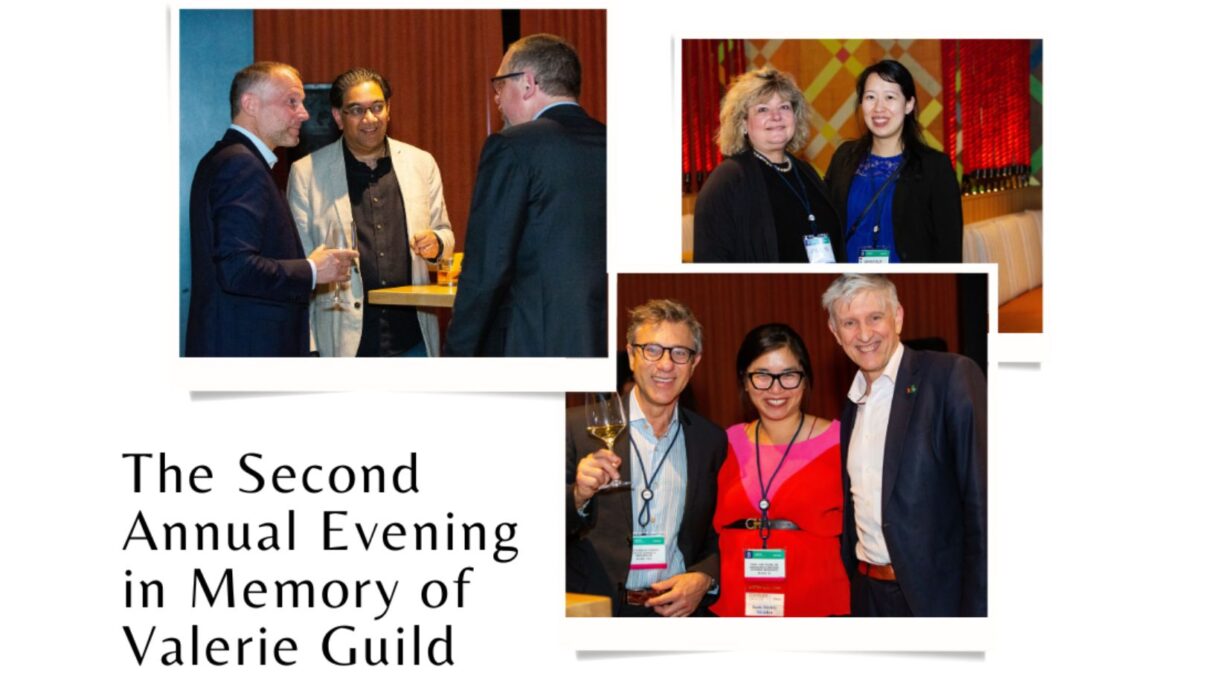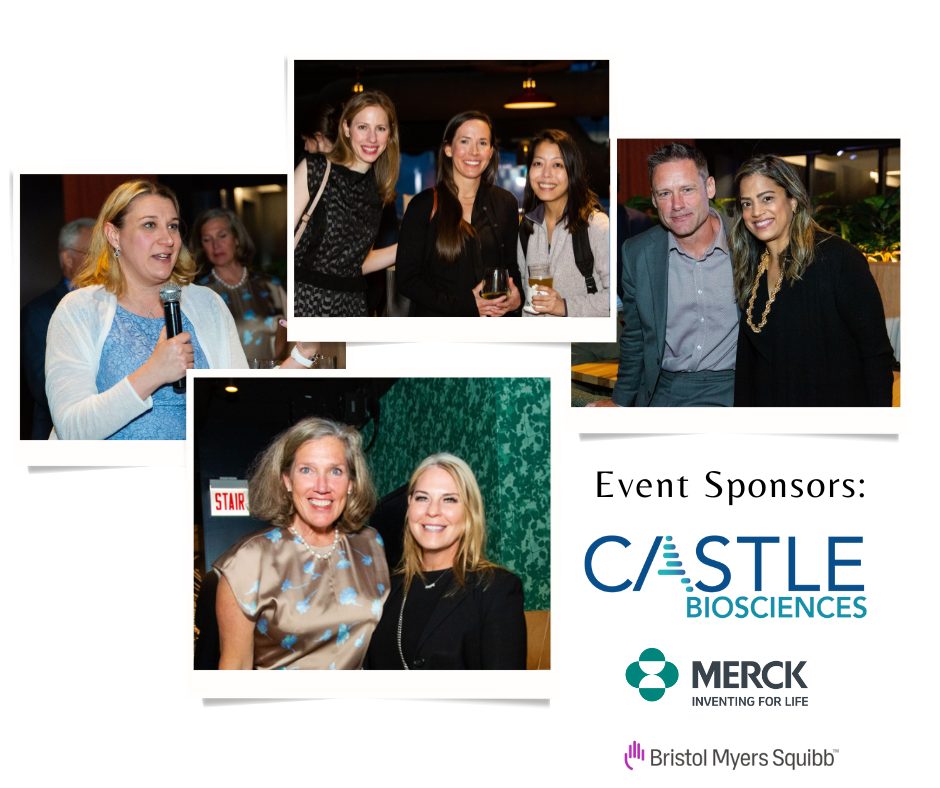ASCO Update 2023

What is ASCO?
ASCO is the abbreviation for the American Society of Clinical Oncology, and it is simply the professional society, or “home,” for medical oncologists and all of the other professionals on the care team for people with cancer. Among these professionals are medical oncologists, surgical oncologists (general and specialty-focused), radiation oncologists, gynecologic oncologists, physicians, in other medical specialties such as supportive care and pain management, oncology nurses, social workers, members of clinical research teams, laboratory investigators, administrators, pharmacists, a wide array of pharmaceutical company employees, and fellows (trainees in the specialties listed above). ASCO provides the entire toolbox of skills, information, resources, and networking opportunities for practitioners and support staff to provide the highest available quality of evidence-based (coming from studies done in cancer patients) treatment and constant access to new information.
ASCO’s website describes the group this way:
“Founded in 1964, the American Society of Clinical Oncology is the world’s leading professional organization for physicians and oncology professionals caring for people with cancer.”
And they describe their goals this way:
“Precision medicine has begun to transform the lives of many patients with cancer, but its application in clinical practice is enormously complex. ASCO hopes to contribute to and advance the field by providing oncologists with the training, tools, and data they need.”
How ASCO works
ASCO provides information and new education in two basic ways—at its yearly meeting in Chicago during the first week of June, and on the web at various times throughout the year. The June annual meeting—spanning five days of research, education, networking, awards ceremonies, fundraising activities, and political action—is the place to be! Participants get to hear the latest advances in oncology and convene with old and new colleagues and friends in collaborative, scientific, as well as social gatherings. The additional menu of year-round electronic offerings ranges from basic science to clinical practice, politics, and policy, serving a wide variety of cancer-related professionals.
ASCO provides the broad overview, cross-disciplinary, and non-medical information and activities that may not be found in the disease-based foundations—such as AIM at Melanoma—that target a single specialty. Thus, ASCO complements the types of information and activities that disease-focused organizations and disease-focused meetings can provide. For example, immunotherapy toxicity can be an issue in all cancers that use this type of treatment. At ASCO, melanoma oncologists can learn from other oncologists and other specialists about potential solutions. Another example is biomarker research that might be related to lung cancer but applicable to melanoma. ASCO is also the forum for the very latest and best clinical presentations of new and highly-awaited data from cutting-edge trials. Often, these reports are presented at ASCO on the same day that they are published in prestigious journals such as the New England Journal of Medicine, highlighting the importance of ASCO as the first place to report new breakthroughs and cooperate with publication of these important results. In many cases, these events also herald new drug approvals, practice-changing approaches, or scientific discoveries. In some years, there is a lot of data to report in a specific disease such as melanoma; in other years, less.
Was there anything special in melanoma at ASCO 2023?
Yes! ASCO is more than just about ongoing research and discoveries. It’s also about connecting to others with similar interests and backgrounds.
During this past ASCO, the melanoma scientific community gathered for a special event—The Second Annual Evening in Memory of Valerie Guild—a fundraiser for AIM and a highlight of the conference for many.
Hosted by the Melanoma Committees U.S. and worldwide (such as SWOG, ECOG, and EORTC; these are the cooperative groups that meet regularly, run clinical trials, assess data, etc.), the event brought together over 100 of the world’s melanoma oncologists, researchers, and KOLs (Key Opinion Leaders), as well as a handful of pharmaceutical company leads who work in melanoma.
At a conference as large as ASCO, it’s key to meet and talk with peers and colleagues in your specialty as it promotes camaraderie and research. And it’s fun to do that in an inviting social setting, surrounded by other peers and colleagues. This event provided that opportunity. So many of the guests Val Guild knew personally, and it’s in her honor and memory that we will continue this party, which in turn helps fund the research and patient projects that Val devoted her life to after her daughter’s passing from melanoma.
The Featured Sponsor for this year’s event was Castle Biosciences; the Collaborating Sponsor was Merck; and the Contributing Sponsor was Bristol Myers Squibb. AIM at Melanoma thanks these generous sponsors and the Melanoma Committees U.S. and worldwide for their support of the event.

Recent Posts

A Conversation with Dr. Rena Szabo, PsyD on Empowering Patients

Empowering Women in Melanoma: A Look Inside the Women in Melanoma Initiative

Melanoma News and Highlights You Don’t Want to Miss

Coping with Cancer: DBT Skills for Emotional Resilience


